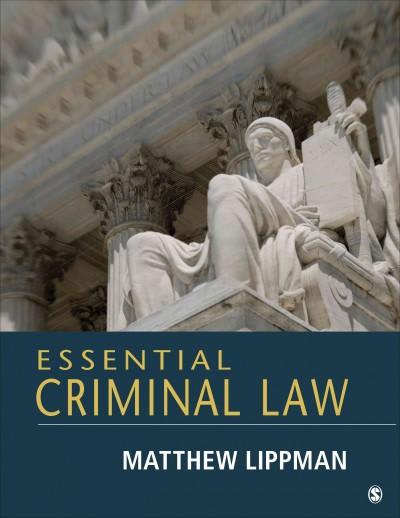Question
You are a new public defender.You just graduated from law school a year ago and passed the bar examination.You have been working now as a
You are a new public defender.You just graduated from law school a year ago and passed the bar examination.You have been working now as a defense attorney for about six months.Your most recent client is charged with raping a woman at knifepoint in a canyon park bathroom.The first time you met with him he told you the whole story about how he had known this girl since high school and had always wanted to have sex with her, but things never lined up until that night in the canyon.
He entered a not guilty plea on your advice, but rather than just testing the prosecution's criminal case against him, he now insists he takes the stand and tells the jury that the woman is lying about the knife and that it was consensual sex.He wants to say that the supposed victim is just embarrassed because her boyfriend found out they had sex.From what he has told you this is clearly untrue.You know that it is wrong to help your client to lie to the court.You feel like there is something in the ethics code that addresses this issue.Can you continue to represent him if his lies?Can you help question him when you know he will lie?What do you do?
Name the two competing provision of a lawyer's ethical duties under the Model Rules of Professional Conduct for attorneys that apply to this situation?Cite two rules that apply and explain how you think they should apply.
How do you resolve the situation so that you comply with these two competing rules?
Step by Step Solution
There are 3 Steps involved in it
Step: 1

Get Instant Access to Expert-Tailored Solutions
See step-by-step solutions with expert insights and AI powered tools for academic success
Step: 2

Step: 3

Ace Your Homework with AI
Get the answers you need in no time with our AI-driven, step-by-step assistance
Get Started


